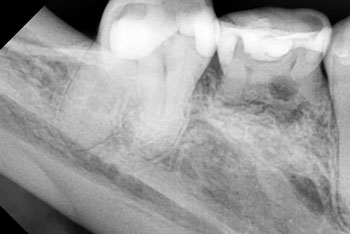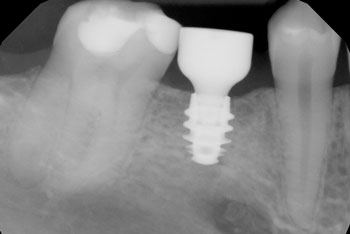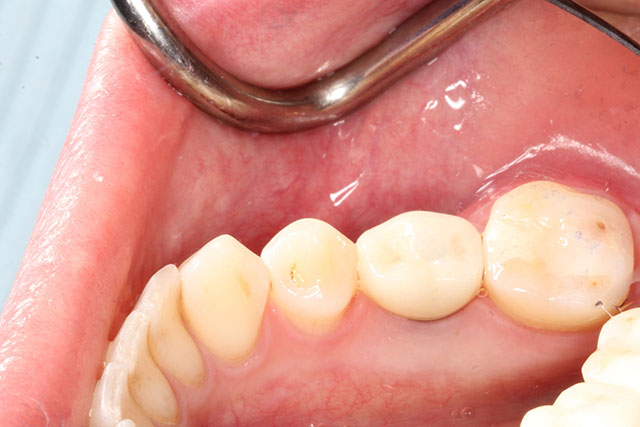
Filling the Gaps: What You Should Know About Baby Teeth Dental Child Implants?
Baby teeth are a standard part of everyone’s adolescence. Have you ever wondered, though, what happens if you do not lose your baby teeth? Or, if an adult tooth does not fill the gap left by a baby tooth? Perhaps you have, or maybe you still have a baby tooth.
Relatively common, it is not rare to retain a baby tooth into one’s 20s or 40s or to not have a primary tooth come in during childhood.
A retained primary tooth is a relatively common condition. A baby tooth kept well into adulthood typically falls out by age 45 and must be replaced with a dental implant. Occasionally, the stubborn tooth will fuse with the jawbone, take on a submerged appearance and be harder to extract. Fortunately, dental specialists, like Vancouver Dental Speciality Clinic, have the experience, knowledge and skills to replace baby teeth with child dental implants.



The Most Common Troubling Baby Teeth
For adults, the most common baby tooth to retain is the lateral incisor. The lateral incisors are the upper frontal vampire-like teeth flanking the two upper center front teeth. Dental implants to replace baby teeth in these locations is a routine procedure.
Another common baby tooth to retain is the lower second bicuspid, or premolar. This tooth is approximately in the middle of the bottom row of teeth. The premolar sits atop a nerve in the jaw, and replacing this tooth requires special care to avoid the sensitive nerve. In most cases, a shorter implant replaces a baby bicuspid to deter nerve damage.
In most cases, anyone under 18 and whose bone growth has finished can receive an implant.
Implant Size
Extensive preparation and planning are required to ascertain and install the appropriate size of the implant. For premolars, a larger implant fills the space left by a baby tooth. In front teeth, like a lateral incisor, the implant must be smaller to fill the gap left by the baby tooth; the fit must be perfect for an uninterrupted smile line. In all situations, a precise implant fit is imperative for pristine dental health.
Short Dental Implants
A short dental implant may be used in children when traditional implants are not acceptable. A short implant may be the ideal solution for children who have tissue deficiencies or when they need a gap that sits near a sensitive nerve filled.
Short implants have similar longevity as traditional implants. Bone loss at short implant sites is lower than the bone loss from traditional implants. Short implants deftly avoid all the detrimental effects of bone augmentation procedures during traditional implant installation.
Can My Child Get Dental Implants?
As a general rule, dental implants on girls younger than 19 years old or boys under 21 years old are avoided. These ages are typically when bone growth is complete in each respective gender. Installing an implant too early can impede jaw growth and prevent other teeth from coming in naturally.
A short implant can be the perfect solution for when child dental implants are needed. There are also alternatives to implants like spacers, braces, bridges or dentures.
Reach out today for an appointment with a trusted dental specialist to explore your options for replacement of your retained baby teeth.



